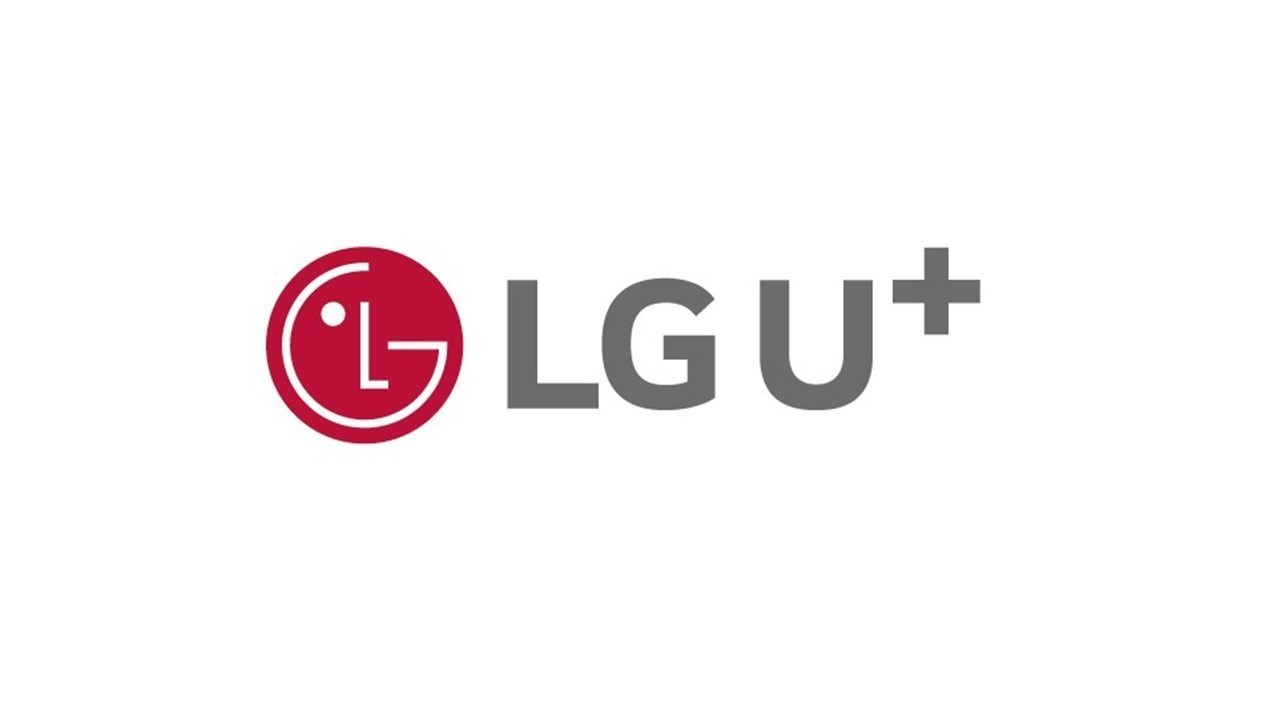 |
LG Uplus Corp.'s logo is shown in this image provided by the company. (LG Uplus Corp.) |
LG Uplus Corp., South Korea's third-largest mobile carrier, said Friday it shifted to black in the fourth quarter from a year earlier on the back of growth in 5G network subscriptions.
Net income for the October-December period stood at 101.8 billion won ($84.5 million), marking a turnaround from a loss of 224.7 billion won the previous year, the company said in a regulatory filing.
The company's operating profit dipped 9.8 percent on-year to 158.2 billion won while sales rose 2.7 percent on-year to 3.61 trillion won over the cited period.
South Korea's No. 3 mobile carrier said annual operating profit jumped 10.5 percent to an all-time high of 979 billion won last year, though it fell slightly short of the company's goal of 1 trillion won.
The company said in a statement that broader growth in subscribers of its mobile network and internet protocol television (IPTV) services helped boost its performance in the quarter.
Sales from the mobile carrier's wireless service business grew 0.1 percent on-year to 1.52 trillion won on the back of growth in its 5G network subscribers.
LG Uplus' total wireless service subscribers, including those from its subsidiary LG HelloVision Corp., stood at 18 million as of the end of December, up 8 percent from the previous year.
The telecom operator's smart home business, which includes its IPTV and high-speed internet services, logged 566.5 billion won in sales, up 9.5 percent from the previous year.
The mobile carrier added that its business infrastructure division, which includes internet data centers, logged robust growth, with sales reaching 397.7 billion won in the fourth quarter, up 10.2 percent from the previous year.
The company enjoyed a strong annual performance thanks to increased mobile subscribers. For 2021, LG Uplus' sales gained 3.2 percent on-year to 13.85 trillion won, and its net profit jumped 51.5 percent to 724.2 billion won.
The company's 5G user base has steadily grown, reaching 4.46 million as of the end of November last year, according to government data. (Yonhap)




![[AtoZ of Korean mind] Ever noticed some Koreans talk to themselves?](http://res.heraldm.com/phpwas/restmb_idxmake.php?idx=644&simg=/content/image/2024/11/03/20241103050186_0.jpg)



